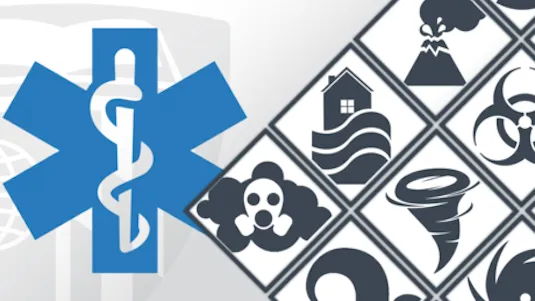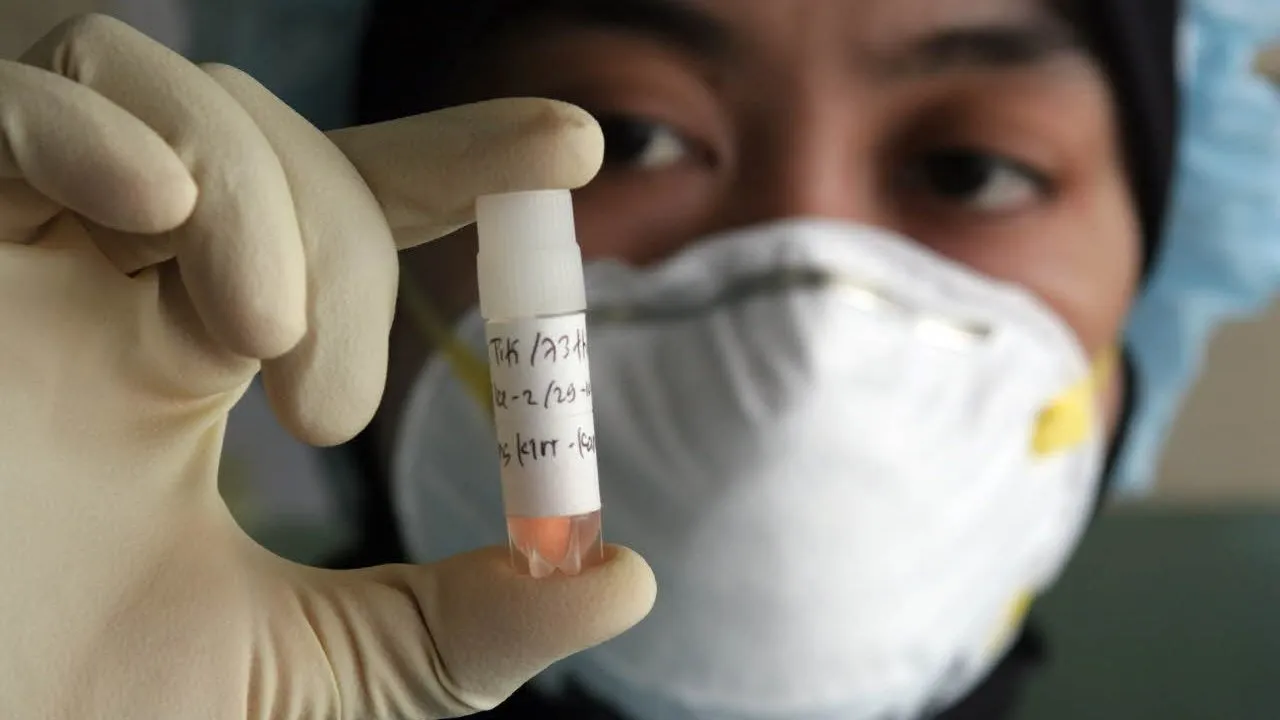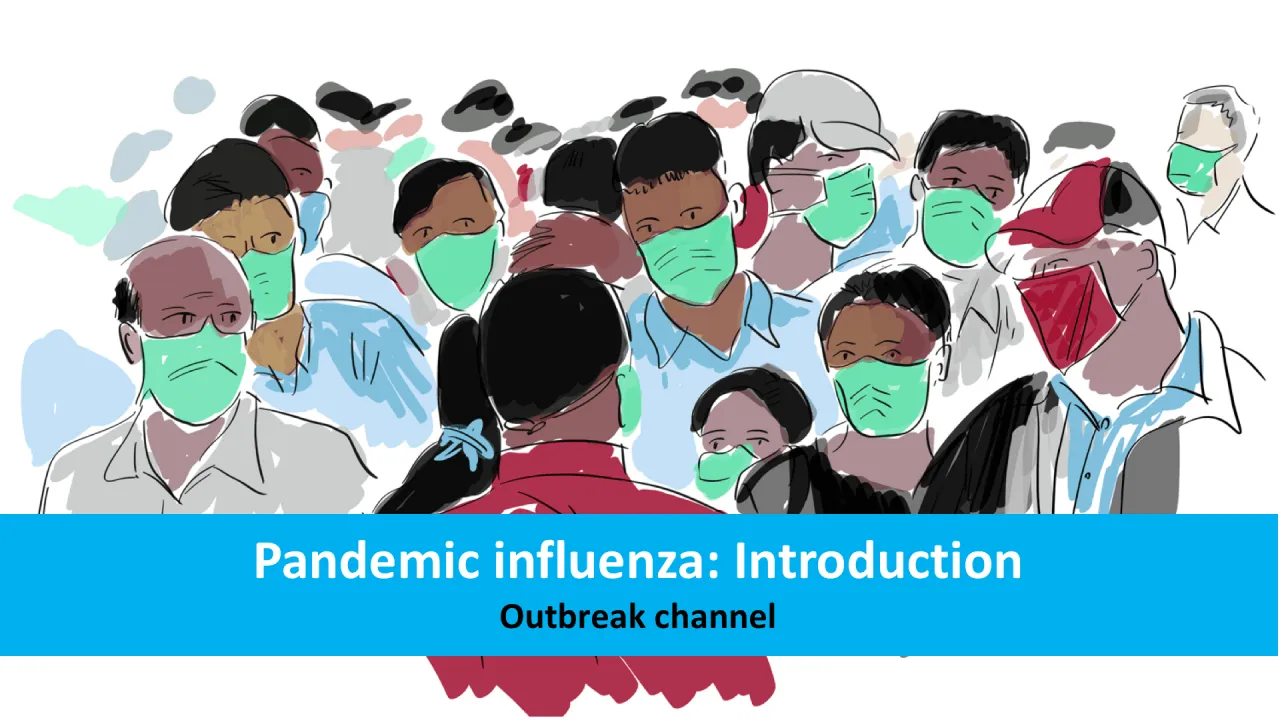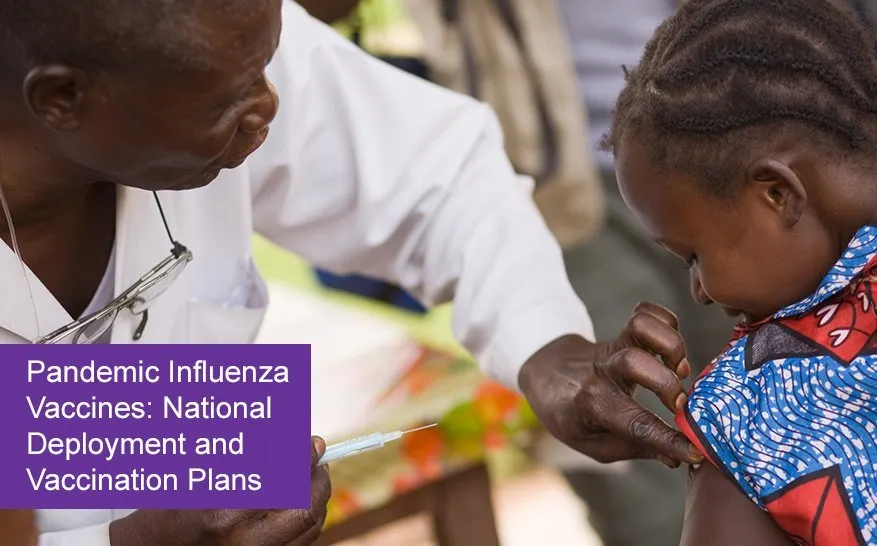
Disaster Preparedness for the Health Care Professional 
This course provides health care professionals with the knowledge and skills to prepare for disasters and large-scale public health emergencies. Students will gain an understanding of personal and hospital-based preparedness, as well as strategies for responding to disasters. The course will equip them with the necessary tools to effectively respond to such events. ▼
ADVERTISEMENT
Course Feature
![]() Cost:
Cost:
Free
![]() Provider:
Provider:
Coursera
![]() Certificate:
Certificate:
Paid Certification
![]() Language:
Language:
English
![]() Start Date:
Start Date:
11th May, 2015
Course Overview
❗The content presented here is sourced directly from Coursera platform. For comprehensive course details, including enrollment information, simply click on the 'Go to class' link on our website.
Updated in [March 06th, 2023]
[Course Overview]
This course provides an overview of disaster preparedness for the health care professional. It covers the foundational concepts of disaster preparedness, including individual health care provider roles and responsibilities, hospital preparedness programs, and response to specific disaster and public health emergency events. Through exercises, case studies, and online discussions, students will gain knowledge in the health care management of victims of natural and man-made disasters and strategies for increasing hospital surge capacity.
[Why to Learn]
This course is essential for health care professionals who want to be prepared for any disaster or public health emergency. It provides an understanding of the natural and man-made hazards that create disaster events, as well as the roles and responsibilities of health care providers in response to these events. Students will learn how to identify strategies and expert practices in the care of victims of disasters and public health emergencies, and how to increase hospital surge capacity.
[Development Paths]
This course is designed to help health care professionals develop the skills and knowledge necessary to respond to disasters and public health emergencies. It provides an overview of the foundational concepts of disaster preparedness, as well as strategies for increasing hospital surge capacity. Students will gain an understanding of the roles and responsibilities of health care providers in response to specific disaster and public health emergency events.
[Related Learning Suggestions]
This course is a great starting point for health care professionals who want to learn more about disaster preparedness. Other related courses include Emergency Planning, Risk Management, Crisis Management, Disaster Management, and Emergency Response and Disaster Recovery. These courses provide further insight into the roles and responsibilities of health care providers in response to disasters and public health emergencies.
[Applications]
The application of this course is to equip health care professionals with the knowledge and skills necessary to respond to disasters and large-scale public health emergencies. Health care professionals will gain an understanding of the natural and man-made hazards that create disaster events, as well as the roles and responsibilities of health care providers in response to specific disaster and public health emergency events. Through course exercises, case studies, and online discussions, health care professionals will be able to identify strategies and expert practices in the care of victims of disasters and public health emergencies. Additionally, health care professionals will be able to increase hospital surge capacity and develop personal and family preparedness plans.
[Career Paths]
1. Disaster Preparedness Manager: Disaster preparedness managers are responsible for developing and implementing disaster preparedness plans for organizations. They must be knowledgeable in emergency management, public health, and safety protocols. They must also be able to coordinate with local, state, and federal agencies to ensure that the organization is prepared for any potential disaster. As the world becomes increasingly vulnerable to natural disasters, the demand for disaster preparedness managers is expected to grow.
2. Emergency Response Coordinator: Emergency response coordinators are responsible for responding to disasters and emergencies. They must be knowledgeable in emergency management, public health, and safety protocols. They must also be able to coordinate with local, state, and federal agencies to ensure that the organization is prepared for any potential disaster. As the world becomes increasingly vulnerable to natural disasters, the demand for emergency response coordinators is expected to grow.
3. Disaster Preparedness Educator: Disaster preparedness educators are responsible for educating the public on disaster preparedness and response. They must be knowledgeable in emergency management, public health, and safety protocols. They must also be able to coordinate with local, state, and federal agencies to ensure that the public is prepared for any potential disaster. As the world becomes increasingly vulnerable to natural disasters, the demand for disaster preparedness educators is expected to grow.
4. Disaster Response Analyst: Disaster response analysts are responsible for analyzing data related to disasters and emergencies. They must be knowledgeable in emergency management, public health, and safety protocols. They must also be able to coordinate with local, state, and federal agencies to ensure that the organization is prepared for any potential disaster. As the world becomes increasingly vulnerable to natural disasters, the demand for disaster response analysts is expected to grow.
[Education Paths]
1. Master of Public Health (MPH): The MPH degree is a great option for those interested in disaster preparedness for the health care professional. This degree focuses on the development of skills and knowledge related to public health, including epidemiology, biostatistics, health policy, and environmental health. It also provides an understanding of the social, economic, and political factors that influence public health. The MPH degree is becoming increasingly popular as the need for public health professionals grows, and it is a great way to gain the skills and knowledge necessary to work in the field of disaster preparedness.
2. Master of Science in Emergency Management (MSEM): The MSEM degree is designed to provide students with the skills and knowledge necessary to work in the field of emergency management. This degree focuses on the development of skills related to emergency planning, response, and recovery. It also provides an understanding of the legal, ethical, and political issues related to emergency management. The MSEM degree is becoming increasingly popular as the need for emergency management professionals grows, and it is a great way to gain the skills and knowledge necessary to work in the field of disaster preparedness.
3. Doctor of Public Health (DrPH): The DrPH degree is a great option for those interested in disaster preparedness for the health care professional. This degree focuses on the development of advanced skills and knowledge related to public health, including epidemiology, biostatistics, health policy, and environmental health. It also provides an understanding of the social, economic, and political factors that influence public health. The DrPH degree is becoming increasingly popular as the need for public health professionals grows, and it is a great way to gain the skills and knowledge necessary to work in the field of disaster preparedness.
4. Master of Science in Disaster Management (MSDM): The MSDM degree is designed to provide students with the skills and knowledge necessary to work in the field of disaster management. This degree focuses on the development of skills related to disaster planning, response, and recovery. It also provides an understanding of the legal, ethical, and political issues related to disaster management. The MSDM degree is becoming increasingly popular as the need for disaster management professionals grows, and it is a great way to gain the skills and knowledge necessary to work in the field of disaster preparedness.
Course Provider

Provider Coursera's Stats at AZClass
Discussion and Reviews
0.0 (Based on 0 reviews)
Explore Similar Online Courses

Google Analytics for Marketing - Boost Sales & Lower Costs

Ashtanga Yoga Full Primary Series 90 Minute Guided Class with KinoYoga

Python for Informatics: Exploring Information

Social Network Analysis

Introduction to Systematic Review and Meta-Analysis

The Analytics Edge

DCO042 - Python For Informatics

Causal Diagrams: Draw Your Assumptions Before Your Conclusions

Whole genome sequencing of bacterial genomes - tools and applications

Pandemic and epidemic-prone diseases

Pandemic influenza: Introduction

Pandemic Influenza Vaccines: National Deployment and Vaccination Plans
 Related Categories
Related Categories
 Popular Providers
Popular Providers
 Popular Searches
Popular Searches
Quiz
 Submitted Sucessfully
Submitted Sucessfully
1. What is the main focus of the course?
2. What is the duration of the course?
3. What is the goal of the course?
4. What is the main purpose of this course?
Correct Answer: To provide students with a heightened awareness and understanding of the natural and man-made hazards that create disaster events.


Start your review of Disaster Preparedness for the Health Care Professional